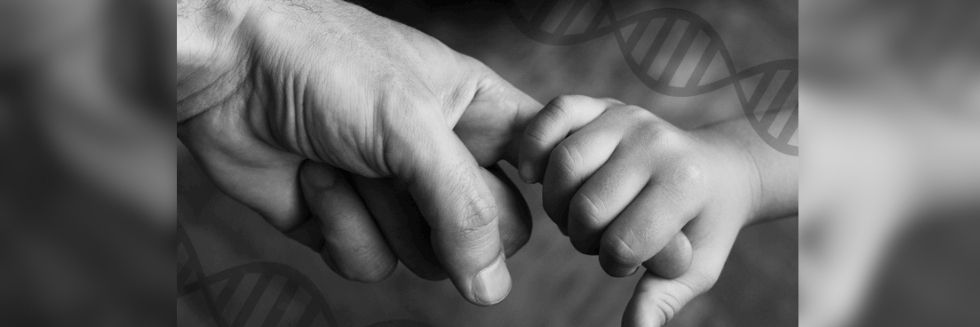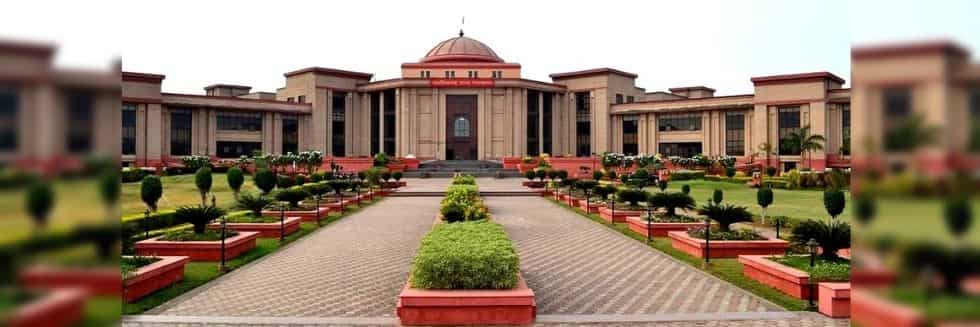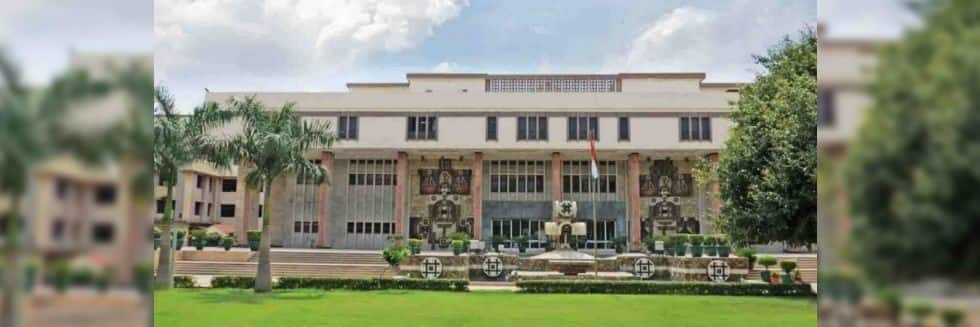Madras High Court recently ruled that even if the first marriage is not legal due to the existence of a first marriage, the second wife and children born out of the second marriage are entitled to maintenance under Section 125 of the Code of Criminal Procedure.
While upholding a trial court order, the Madurai bench of Madras High Court observed, “This Court is of the clear view that for the purpose of Section 125 Cr.P.C, the first petitioner can very well be considered as wife and the second petitioner as the son of the respondent. Hence, the finding of the trial Court that the petitioners are entitled to get maintenance from the respondent cannot be found fault with.”
Justice K Murali Shankar was dealing with a revision petition that requested a review of an order issued by the Family Court in Tirunelveli. The order directed a man to provide a monthly maintenance amount of ten thousand rupees to his “wife” and their son, as well as to settle all outstanding arrears of maintenance within a month.
The woman had previously filed a maintenance petition, claiming that the man had neglected his responsibility to provide for her and their son, despite being legally obligated to do so. It was further argued that he had demanded a dowry of 25 lakh rupees, and when she was unable to meet this demand, he began avoiding her. Additionally, she asserted that he was earning a monthly salary of Rs. 50,000, as well as receiving over Rs. 90,000 in monthly rental income from his ownership of 11 houses.
However, the man raised objections regarding the validity of the marriage and questioned his paternity of the child. He stated that he had entered into a different marriage in 2011 and had a child from that union. He further argued that although a divorce petition had been filed, it was ultimately dismissed after a trial, and an appeal against the decision was currently pending. The man, Kumar, also disputed the woman’s claims regarding his salary, asserting that he only received Rs. 11,500 as take-home pay and that he had been paying Rs. 7,000 as maintenance to his first wife and child. Consequently, he contended that since there was no legal marriage or relationship between him and the woman, he should not be held liable for providing maintenance.
Upon examining the presented documents, the court observed that the man’s first marriage was still in effect. Despite the woman, referred to as the second ‘wife,’ submitting evidence such as marriage invitations, marriage photos, and the child’s birth certificate to support the alleged marriage, the court concluded that the second marriage could not be considered valid even if proven, as the first marriage was still ongoing.
“Marking of the photographs by the learned trial Judge cannot be found fault with. Moreover, as rightly pointed out by the learned counsel for the petitioners, when the said photographs were exhibited, no objection was raised by the respondent side. The first petitioner has given evidence with regard to the photographs taken at the time of their marriage and her evidence in this regard was not at all shaken during cross examination,” the bench noted.
Furthermore, the court observed that when the woman presented cell phone records and copies of WhatsApp messages, the man initially acknowledged that the messages were indeed sent from his cell phone. However, he later claimed that he had lost his phone. Nonetheless, the trial court emphasized that since the messages were sent in 2019, his subsequent assertion held little significance.
Additionally, the court took note of the man’s response when asked if he was prepared to undergo a DNA test to establish paternity. He explicitly stated his unwillingness to undergo such a test.
Consequently, the court was convinced that the couple had been cohabiting as a married couple, and it was within this relationship that their child was born.
“As rightly observed by the learned trial Judge, the respondent’s deliberate cheating and fraudulent intention can very well be gathered from the stand of the respondent that he did know the first petitioner before filing of the maintenance case and that there was no relationship between him and the petitioners,” the Court said.
Furthermore, the court observed that despite the man’s claim that his salary was only Rs. 11,500, he failed to provide any supporting documents such as salary certificates, pay slips, or any official documentation from his employer to substantiate his income. Taking this into consideration, the court concluded that the trial court’s decision to award a monthly maintenance amount of Rs. 10,000 each to the woman and their child was not excessive.






